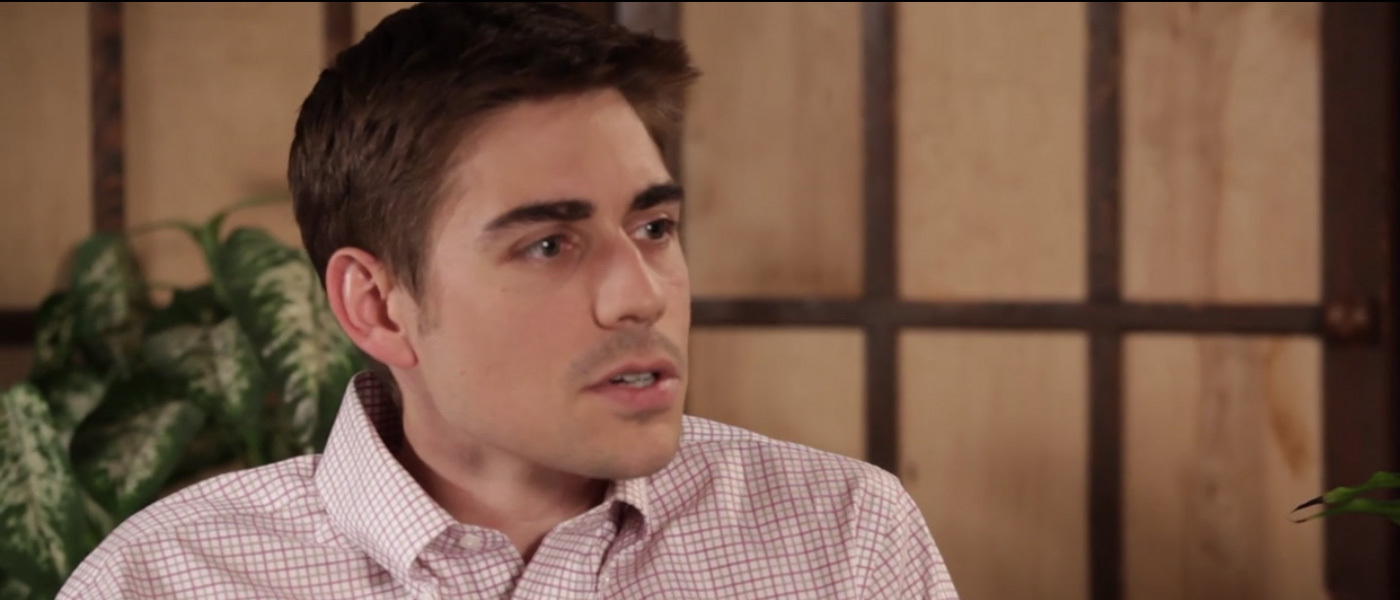Why Give a Damn:
A Wikipedia search for Bitcoins would leave most of the general public scratching their heads. Some serious PR work needs to be done if shop keepers and the general public are to embrace such an idea, and let’s face it, they’ll have to in order for it to succeed.
The author of this post, Ken Banks, is the founder of kiwanja.net and Means Of Exchange, and devotes himself to the application of mobile technology for positive social and environmental change in the developing world. Ken is the author of The Rise of the Reluctant Innovator.
We need to adopt a healthier mix of exchange–before
things get bad. Tweet This Quote
For the past few years I’ve taken an increased interest in economic resilience, particularly how technology could be applied to buffer local communities from global economic downturns. Ironically, since I started that research the world has entered a period of growing economic uncertainty. The causes – although fascinating – don’t so much interest me. I’m more interested in the response at the local, grassroots level and the response from the social sector, particularly those turning to technology to provide some of the answers.
My Means of Exchange project particularly motivates me because it’s tasked with understanding what drives some local people (and not others) to resort to alternative methods of exchange, particularly during times of hardship, and explores how we might motivate the wider global community to adopt a healthier mix of exchange as a part of its daily lives – before things get bad. Money, in the form of legal tender, has become the dominant means of exchange in almost all of our lives, to the detriment of all the more creative, flexible methods that came before it.
We must loosen the stranglehold of legal tender with local and digital currencies. Tweet This Quote
In parallel with all of this is a growing interest in the sharing economy, and local and digital currencies which – if adopted widely enough – might just loosen the stranglehold of legal tender. And therein lies the problem. No matter how good the technology, solution or service, in almost all cases if it’s not adopted widely enough it’s unlikely to succeed. And one of the biggest problems many alternative exchange tools have is that they’re just not marketed or promoted well enough to reach anywhere near the tipping point they need. In a recent ten minute talk at Pop!Tech I talked a lot about the difficulties the local sustainability and alternative economy movements have in effectively communicating their message and engaging their audience.
Sadly, it’s an area that continues to be overlooked.
Last year, at the Bitcoin London Conference, BBC reporter Rory-Cellan Jones neatly highlighted the ongoing challenge. When a speaker was asked how the attractions of the Bitcoin could be communicated to the public he responded, “everyone will need to learn computer science”.
In case you’ve not been following the discussion, Bitcoins are an independently machine-generated digital currency (i.e. not owned or managed by any country or entity) which some people believe will revolutionize global trade. Right now, the majority of people active in the Bitcoin world are programmers, developers and geeks, which is where many of these kinds of things start. However, the language of the movement is far too technical, and this is a problem. Even going to Wikipedia to get an explanation of Bitcoins would leave most of the general public scratching their heads.
People, worldwide, are tired of being burned by globalization. Tweet This Quote
There is already widespread misunderstanding about how new money is created. Clearly with Bitcoins – however good of an alternative they may be – we’re not much better off. Some serious PR work needs to be done if shop keepers and the general public are to embrace such an idea, and let’s face it, they’ll have to in order for it to succeed.
There is definitely a need for alternative means of exchange (note: plural). My belief is that a growing number of people worldwide have grown tired of being burned by globalization and just want to get back to functioning within sustainable local systems. They need alternatives to cash, but just don’t realize it yet.
The current system is broken. We need alternatives. Tweet This Quote
Because of the way our globalized world works (great when it does, rubbish when it doesn’t), hard-working people, and communities, are being destroyed by a financial meltdown in distant places. Globalization has eroded our incentives, and ability, to play well together as local communities, meaning we’re now less resilient to shocks of all kinds than we used to be.
Everyone engaged in the alternative economy and local sustainability movement has already passed the ‘recognition threshold’ – recognition that the current system is broken to the detriment of people and planet everywhere, and that we need alternatives. But these people – myself included – are in the minority. We might see how broken the system is, but we should never assume that it’s obvious to everyone else.
Technology is the easy part. Behavior change – that’s a different beast altogether. Tweet This Quote
While we build the tools, such as the Bitcoins of the future – we need to seriously work on how we communicate. Conference gatherings have already become echo chambers for much of the ICT4D community. Whatever it is that makes people nod enthusiastically within the walls of alternative economy and sustainability events needs to first be simplified, and then communicated outside in an exciting, engaging way.
As my work over the years has taught me, technology is almost always the easy part. Behavior change – that’s a totally different beast altogether.



